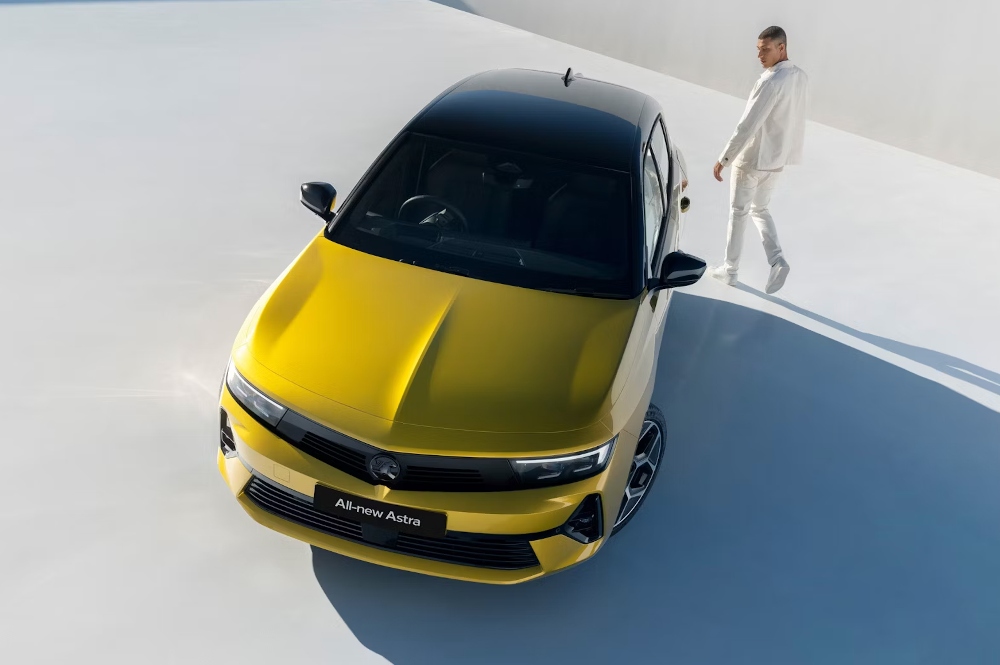
10 Interesting Facts About Electric Vehicles
With electric vehicles taking centre stage at the minute, there is a lot of natural curiosity as a result.
What are these cars all about and why are they building such positive traction in recent years? There are lots of answers to these questions, starting with the fact that they are so much more sustainable than any type of transport the world has seen before. So, for anyone exploring their options in terms of electric cars, this post has ten quite interesting facts to boost your research.
They Are NOT New Technology
Electric cars have been around for over 100 years so they cannot claim to be a new innovation on the automobile market. There are a few discrepancies around who actually invented electric transportation, but there are a few clear points in history worth noting.
-
1828 and Anyos Jedlik. This inventor installed an electric style engine on a model vehicle or so the story goes.
-
1832 and Robert Anderson, this time in Scotland and with a whole-sized carriage, not a model.
-
1884 and Thomas Parker in London saw what is widely accepted as the first style of electric vehicle that has been built upon over the years.
So, the electric car is nothing new, but it has definitely only become more mainstream in the last few decades. People are taking note of the positive impact these vehicles have on the environment and the money saving factors and realising the full potential for the future.
Electric Vehicle Batteries Can Be a Power Source
The batteries used to power electric vehicles are often strong enough to provide power to a whole house. This has been tried and tested, so it is more than just a theory. However, it is not recommended as a permanent solution to powering up a domestic setting. Electric car batteries have a lot of power, and if there was an emergency such as a blackout or major weather disaster, technically you could tap into your EV and have a bit of backup and security to tie you over.
EV Charging Points Have Overtaken Fossil Fuel Stations
It’s good to think about the practical side of EV ownership. Thinking about what are the charging times, how you can charge the vehicle, and what you need to get set up are all great questions. Typically, electric vehicles can charge overnight to reach a full charge and there are even smart charging station options that cut off the power to protect the battery and avoid overheating or overcharging. This means the battery life stays sharp for optimal longevity and there is a minimal fire risk too.
Yet, aside from charging at home, what do you do when you’re out and about? Well, you’ll be pleased to hear that electric vehicle charging points are actually ranking at a higher capacity than fossil fuel stations currently worldwide. That means there will always be one close by, and a lot of the time they are coupled with free parking spots too in big establishments like shopping centres and supermarkets.
They Cost Substantially Less Than the Alternative
One of the best facts on this list is telling you all about how much money you will save through electric vehicle ownership. Over the course of a year, you will have immediately saved up to 50% of the running and maintenance investments you would have made on a fossil fuelled vehicle. This saving is phenomenal, and not really something that can be ignored! Where do you save money?
-
No fuel expenditures
-
Fewer repairs
-
Less maintenance
-
No road tax
-
Better insurance options
Random Things Affect the Battery Range
You might be wondering how far a fully charged battery will carry you. It ultimately is decided by the battery and vehicle type that you purchase. If you want a long range, you will have to make a bigger investment in a more refined battery. If you just want the car for nipping here and there plus social occasions, a less expensive model will do just fine. There are a few random things that affect the battery range, though, like how many times you brake and how hard you accelerate when setting off.
They Have to Be Noisy
Originally, electric vehicles were silent which meant they were amazing for reducing noise pollution. However, this was deemed as less than ideal for general road safety factors. For example, pedestrians would have no idea you were driving up behind them so they wouldn’t have the usual auditory warnings that they needed to move. This would, therefore, increase the risk of hit and run style accidents in theory. There is limited data on this, but the decision was made to enforce electric vehicles to have some form of noise. While they are still nowhere near the decibel levels of diesel or petrol engines, they do give you some warning they’re coming now.
EVs Have Made it to the Moon
Now it’s time for a lighter fact: EVs are on the moon! It’s true. While there are no people up there driving around on electric cars, there are robot style buggies roaming around collecting data that are entirely powered by electric batteries. It was decided to be the better choice for extraterrestrial exploration.
Hybrid Vehicles Are Still the Optimal Choice
Hybrid cars take the best of both worlds and provide a sustainable middle ground while people are still in the transitional period of exploration. You get a combustion engine backed up by an electric mechanism and the two work together in perfect harmony. They seem to be the most popular as things stand, and while this trend is predicted to shift in the future, it is easy to see why.
China Has the Biggest Lead
China has one of the leading markets for electric vehicle production and sales in the entire world. They have some of the biggest factories and manufacture some of the most popular models too. They are taking strides in widening access and making electric vehicles 100% more affordable for the average household, something which felt like a pipe dream even a mere ten years ago. While mass production is often the answer at the beginning to driving down prices and facilitating people into a niche market, it will slow down as demand balances out.
They Weigh More Than You Think
The final fact is about how much electric vehicles weigh. You would think, considering that this type of car and van has significantly fewer parts than petrol engines or similar, they would be as light as a feather in comparison. However, this couldn’t be farther from the truth. EVs are anything but light, and are some of the heaviest vehicles around! They definitely weigh more than the average petrol car, and this might take some people by surprise.
So, there you have it, ten of the most intriguing facts and features there are to know about electric vehicles. It is definitely an invention worth the time and energy of the collective because moving towards sustainability is the best foot forward for protecting the future of the planet. Fossil fuel is finite, but electricity can be produced in infinite ways through a great number of channels and EVs are more accessible than they have ever been for these reasons.
Trending
-
1 How IoT is Revolutionizing Sustainability: A Brighter Future Beckons
Susanna Koelblin -
2 How The Water Treatment And Desalination Will Change The Environment For The Better
Daniel Hall -
3 How Intermediate Bulk Containers Enhance Environmental Sustainability
Daniel Hall -
4 Hybrid Cars and Their Key Benefits
Susanna Koelblin -
5 UK Faces Wettest July in Recent Memory
Daniel Hall





Comments